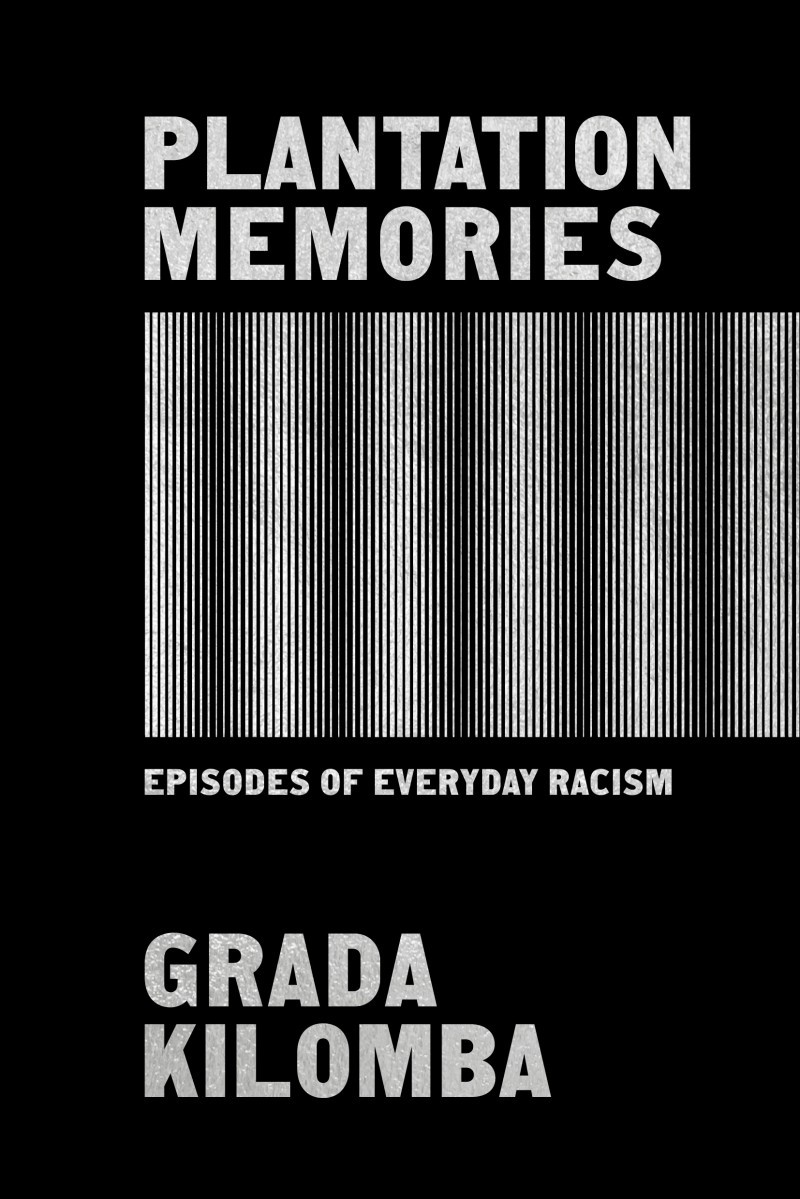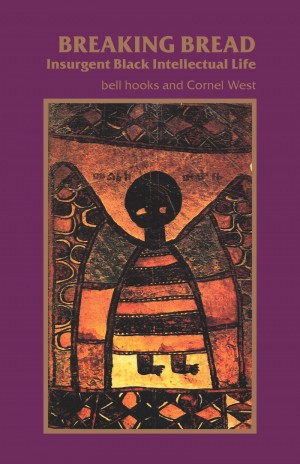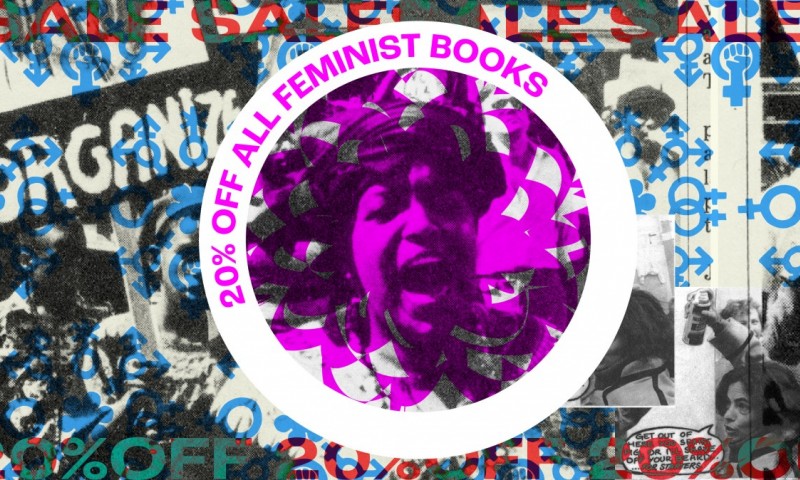
Plantation Memories
Episodes of Everyday Racism
Plantation Memories is a compilation of episodes of everyday racism written in the form of short psychoanalytical stories. From the question “Where do you come from?” to Hair Politics to the N-word, the book is a strong, eloquent, and elaborate piece that deconstructs the normality of everyday racism and exposes the violence of being placed as the Other.
Released at the Berlin International Literature Festival in 2008, soon the book became internationally acclaimed and part of numerous academic curricula. Known for her subversive practice of giving body, voice, and image to her own texts, Grada Kilomba has adapted her book into a staged reading and video installation. Plantation Memories is an important contribution to the global cultural discourse.
Praise
A remarkably insightful and compelling book about the being and becoming of Blackness. Once I began reading it, I couldn’t stop. Written in the spirit and tradition of bell hooks and Frantz Fanon, it is one of the most important books written on the sociology, phenomenology, and psychology of racism and colonialism since Fanon’s Black Skin, White Masks.
– David Austin, author of Fear of a Black Nation and Dread Poetry and Freedom
Kilomba creates a space of resistance, and ultimately a space of hope: a new geography of the future.
– Alfredo Jaar, artist, architect, photographer, and filmmaker
Plantation Memories has become, for many of us, one of the critical resources for navigating … what Kilomba describes as the “continuous re-staging of the colonial order.”
– Gabi Ngcobo, educator and curator of the 2018 Berlin Biennale for Contemporary Art
Grada Kilomba forcefully reminds us that the plantation is not in our past, it is the foundation and the practice of our current order of life, its social relations and our imaginaries. In this work, the plantation is revealed as the foundation of and therefore the shaper of modern life—actual and metaphorically. The plantation now lives in all of us with different effect and affect and it functions as a psychic tether of our very beings.
– Rinaldo Walcott, author of The Long Emancipation: Moving Towards Black Freedom
A rigorous and highly intimate exploration of the ways that the unfinished legacies of slavery, colonialism, and Europe’s African genocide remain sutured into the everyday lives of Black women. Kilomba’s work demonstrates the psychological and political urgency of ongoing anti-colonial struggle in a time of enduring calamity.
– Robyn Maynard, author of Policing Black Lives: State Violence in Canada from Slavery to the Present
An innovative and important intervention.
– Paul Gilroy, founding director of the Centre for the Study of Race and Racism at University College London
Contents
| Chapter 1 | The Mask |
| Chapter 2 | Who Can Speak? |
| Chapter 3 | Speaking the Unspeakable |
| Chapter 4 | Gendered Racism |
| Chapter 5 | Space Politics |
| Chapter 6 | Hair Politics |
| Chapter 7 | Sexual Politics |
| Chapter 8 | Skin Politics |
| Chapter 9 | The N-Word and Trauma |
| Chapter 10 | Segregation and Racial Contagion |
| Chapter 11 | Performing Blackness |
| Chapter 12 | Suicide |
| Chapter 13 | Healing and Transformation |
| Chapter 14 | Decolonizing the Self |





_800_480_c1.png)